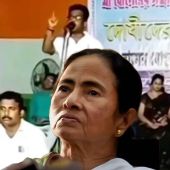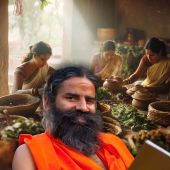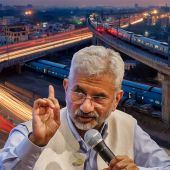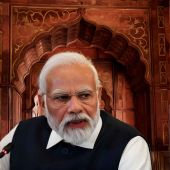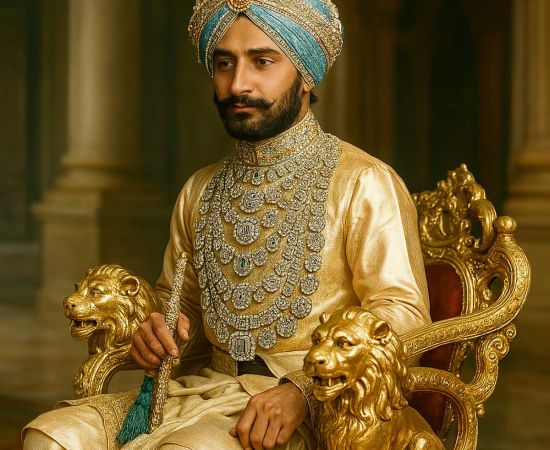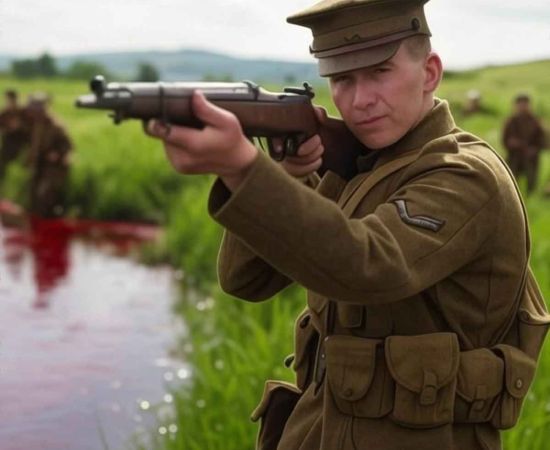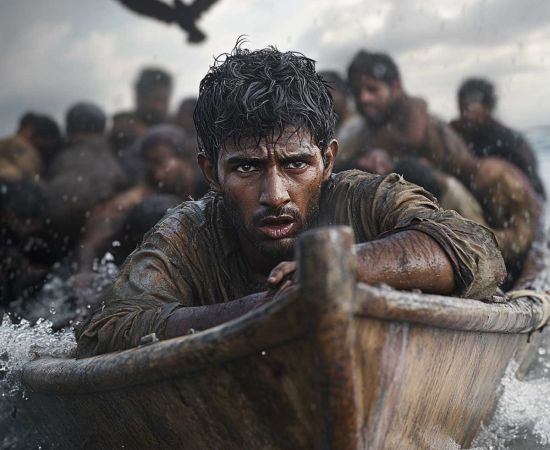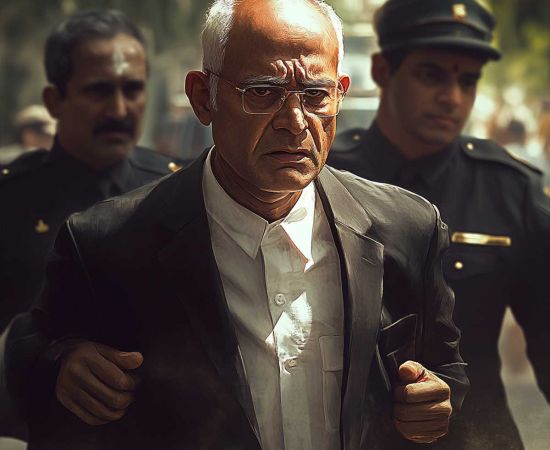The perpetrator of the Jallianwala Bagh massacre General Reginald Dyer was forgiven by Mohandas Gandhi as an exercise of forgiveness or love to nurse Dyer back to life if he was suffering from a physical malady
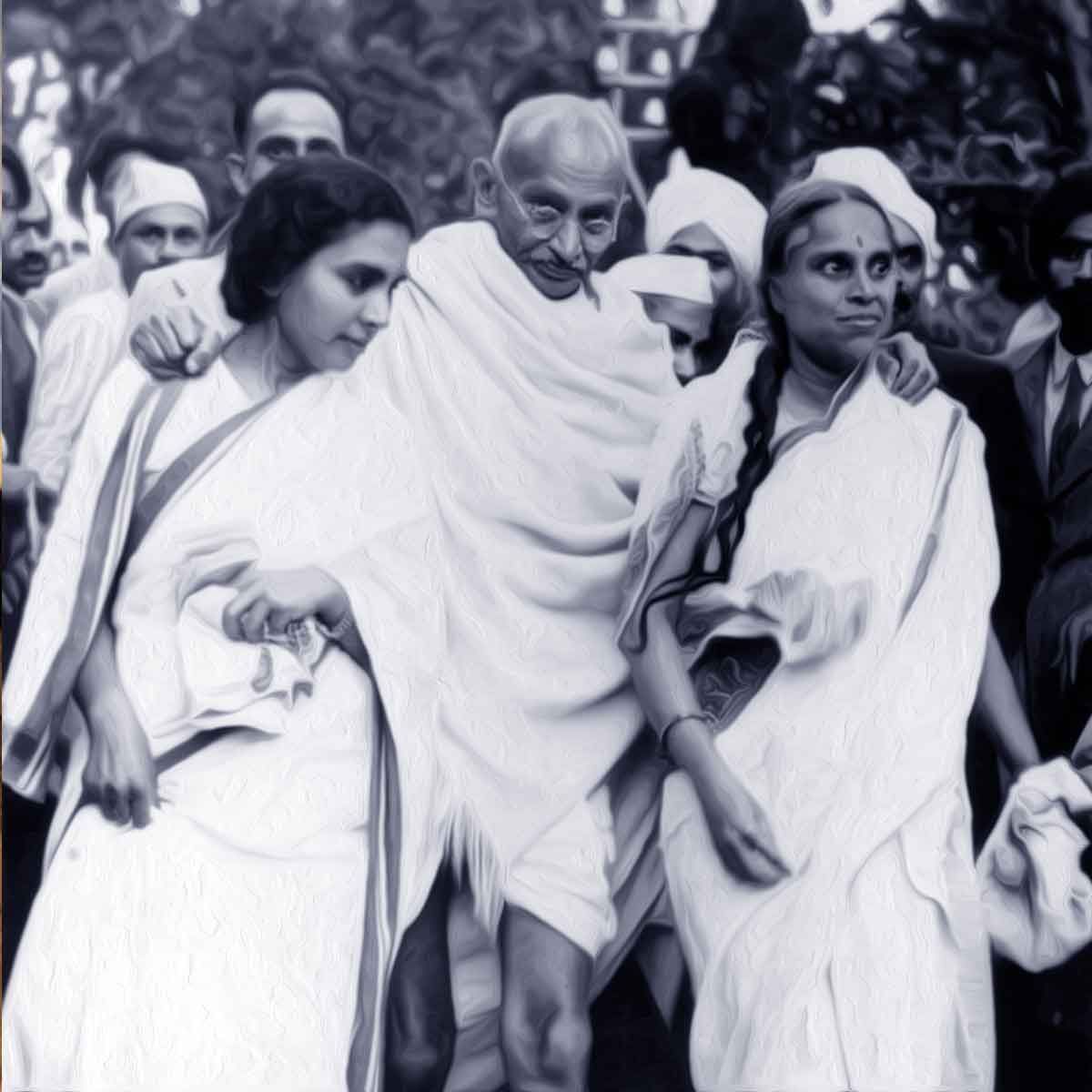
Even after 103 years, the Jallianwala Bagh massacre remains one of the “darkest days” in India’s history. The bloodshed took place on April 13, 1919, during the festival of Baisakhi that killed hundreds of Indians fighting for the freedom of the country.
British General Reginald Dyer had ordered his troops to open fire on thousands of unarmed men, women, and children who had gathered in Amritsar on April 13, 1919, to peacefully protest against the arrest and deportation of two nationalists – Satya Pal and Saifuddin Kitchlew. The two leaders were arrested under the notorious Anarchical and Revolutionary Crimes Act of 1919, popularly known as the Rowlatt Act, which gave the British government enormous powers to suppress political activities and allowed the detention of political prisoners without trial for two years.
General Dyer stormed his troops inside the Jallianwala Bagh and ordered his troops to open fire without any warning killing 379 people, according to the British records. However, the eyewitnesses who saw the massacre recounted several thousand were killed during the firing.
The horrors of the 1919 Jallianwala Bagh massacre provoked Indians and traumatised them. The killings turned out to be a catalyst in the history of India’s independence movement, consolidating the Indian opinion.
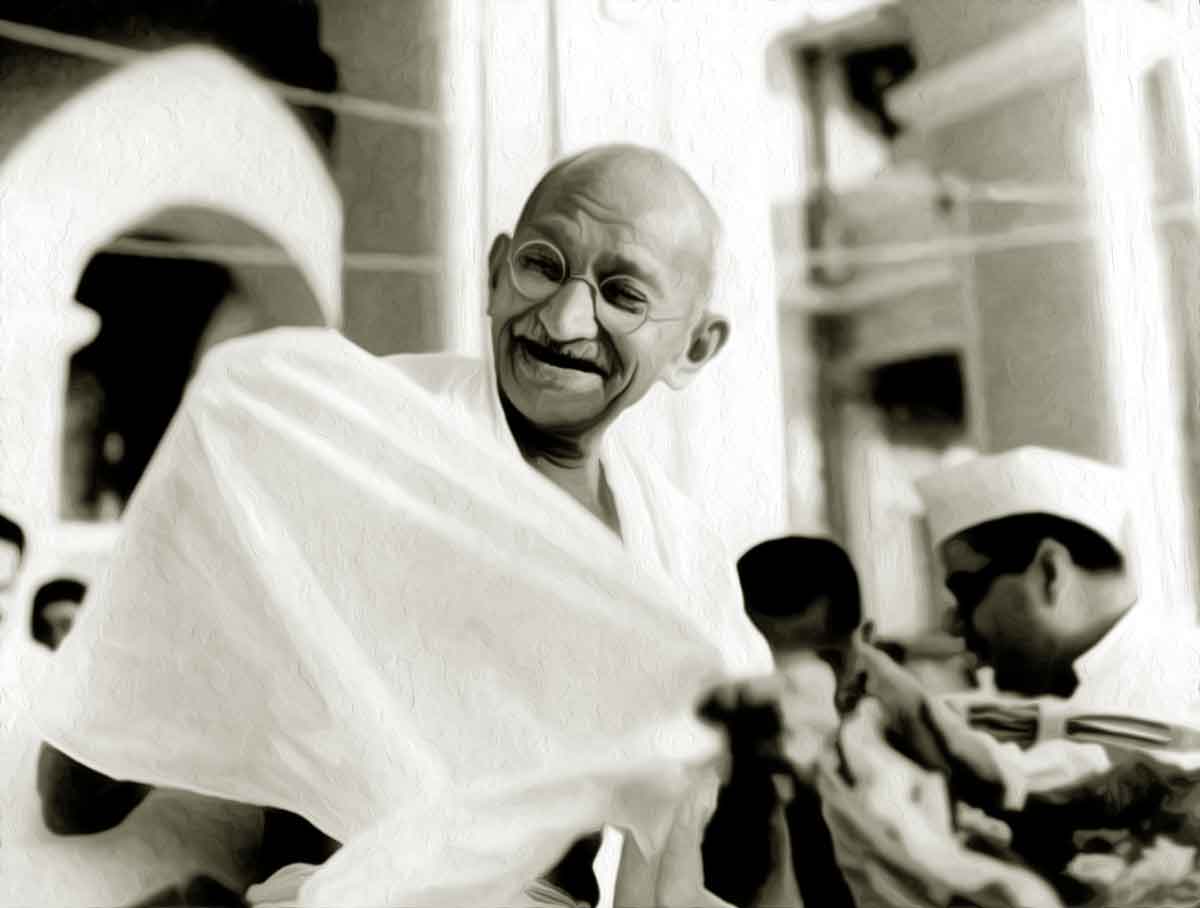 Brigadier-General Dyer, the chief perpetrator of the Jallianwala Bagh massacre, was hated among Indians, but MK Gandhi forgave General Dyer again and again |
Not just General Dyer, who was the chief perpetrator of the Jallianwala Bagh massacre, but the entire British Empire became an object of hatred among Indians. It was not the first time the Indians had witnessed such brutal killings ever since the British colonised India, but the Jallianwala Bagh came as a shock as it had exposed entirely the barbarity perpetrated by the British Empire.
Even as the common Indians suffered pain, agony, and despair after General Dyer’s action at the Jallianwala Bagh, Mohandas Karamchand Gandhi – the conscience keeper of the Congress party, strangely forgave the British General.
|
Mahatma Gandhi’s writings reveal how he found it was morally right to forgive Dyer for the heinous crimes he committed in Amritsar by killing innocent and unarmed people. In an article titled “Religious Authority for Non-cooperation”, authored by him and published in Young India on August 25, 1920, Mohandas wrote, “It would be sin for me to serve General Dyer and co-operate with him to shoot innocent men. But it will be an exercise of forgiveness or love for me to nurse him back to life if he is suffering from a physical malady (sic)”. (Collected Works of Mahatma Gandhi (CWMG) Vol 18, P195, ‘Religious Authority for Non-Cooperation’, Young India, 25 August 1920)
For Gandhi, Dyer merely destroyed a few bodies, while the others tried to kill the soul of a nation. Further, condemning the outrage against the British General and defending General Dyer, Gandhi wrote, “the fury that has been spent upon General Dyer is, I am sure, largely misdirected”. (Collected Works of Mahatma Gandhi, Volume 18, P46, Young India, 14 July 1920)
A few years later, a friend wrote to Gandhi to inform him about Dyer’s deteriorating health condition. In the letter, he blamed the Jallianwala Bagh massacre for his ill health. However, Gandhi did not approve of this attack on Dyer.
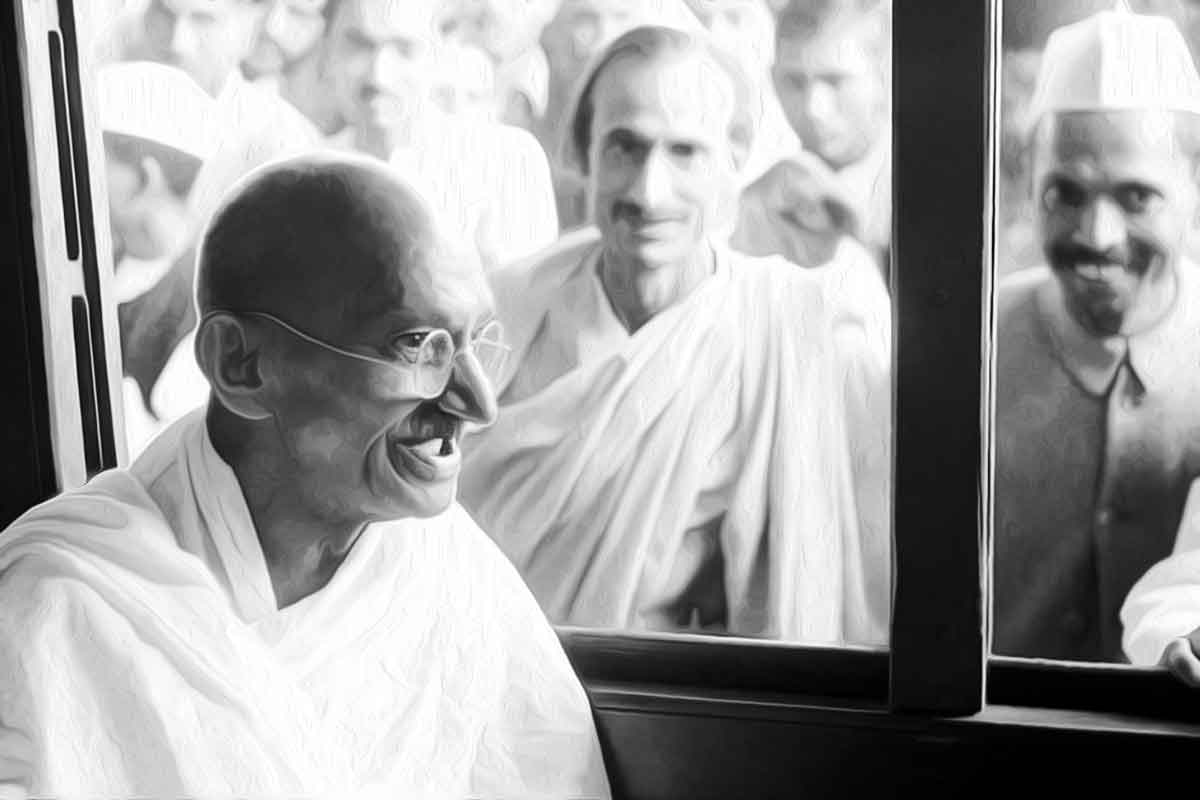 Gandhi wrote that Dyer “merely destroyed a few bodies but the others tried to kill the soul of a nation” |
“I do not think that his paralysis has any necessary connection with his action in Jallianwala Bagh. Have you considered the implications of such beliefs?… My dysentery, appendicitis, and this time, a mild attack of paralysis must have been known to you. I should be very sorry if some good Englishmen were to think that these diseases were due to my fierce opposition, as it must appear in their estimation, to the English government,” Mohandas Gandhi said in response.
Finally, nearly two decades after the Jallianwala Bagh massacre, Mohandas forgave Dyer one more time.
“Who could be more cruel or blood-thirsty than the late General Dyer?” wrote Gandhi, “Yet the Jallianwala Bagh Congress Inquiry Committee, on my advice, had refused to ask for his prosecution. I had no trace of ill will against him in my heart. I would have also liked to meet him personally and reach his heart, but that was to remain a mere aspiration.” (CWMG Volume 68, P83, ‘Talk to Khudai Khidmatgars’, 1 November 1938)
Dyer did not repent his act at Jallianwala Bagh either. But once, he did consider donating the proceeds from some of his lectures “among the relatives of the Indians who fell during the Amritsar affair in 1919”. (The Manchester Guardian, 3 February 1921, ‘General Dyer’s Lecture Fund’)
Gandhi’s journal Navjivan even took note of this and said General Dyer had dared to spare the income for the victim families of Jallianwala Bagh. (Navjivan, February 1921, P188)
But the idea didn’t materialise. As per Manchester Guardian’s report, “He (Dyer) has varied that intention and is devoting the proceeds to a fund for supplying medical aid to the wives of British officers serving in India”.
 Reginald Dyer: "My intention was to inflict a lesson that would have an impact throughout all of India" |
Gandhi & Dyerism
Ironically, it was Gandhi who coined the term ‘Dyerism’ to describe brute force and violent suppression, thus making General Dyer the most referred name in that context.
He described untouchability as ‘Dyerism of Hindu religion’. He also drew a parallel between General Dyer’s act of cruelty with murder in the name of cow protection.
In response to a letter, Gandhi wrote: “General Dyer himself surely believed that English men and women were in danger of losing their lives if he did not take the measures he did. We, who know better, call it an act of cruelty and vengeance. But from General Dyer’s own standpoint, he is justified. Many Hindus sincerely believe that it is a proper thing to kill a man who wants to kill a cow and he will quote scripture for his defence and many other Hindus will be found to justify his action. But strangers who do not accept the sacredness of the cow will hold it to be preposterous to kill a human being for the sake of slaying an animal (sic).” (CWMG Volume 33, P358, ‘Letter to Deveshvar Siddhantalankar’, 22 May 1927)
During the Dandi March, Gandhi came to know that some villagers were not supplying grocery or water to the police or other government officers. Gandhi said that if Dyer and O’Dwyer “whose deeds, which were the very incarnations of cruelty, I had termed as “Dyerism”, shoot me and if I am still conscious and come to know that one of them has been bitten by a snake, I would go running to them to suck out the poison. I have done such things in the past”. (CWMG Volume 43, P116, 21 March 1930)
He told American journalist-historian Katherine Mayo that “I want this country to be spared Dyerism (sic). That is, I do not want my country, when it has the power, to resort to frightfulness in order to impose her custom on others”. (CWMG Volume 30, P120, ‘Interview to Katherine Mayo’, 17 March 1926)
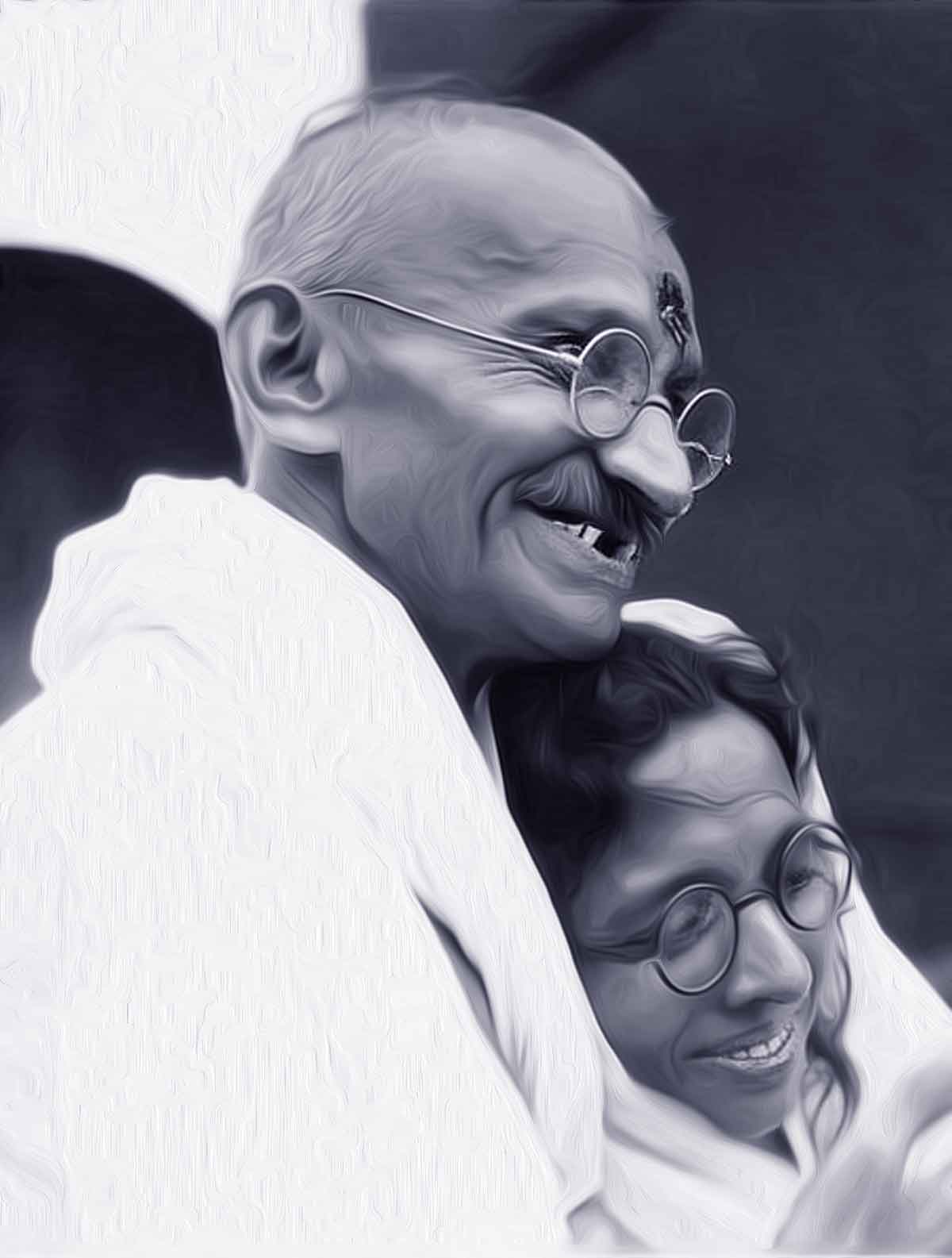 Gandhi wrote that "the fury that has been spent upon General Dyer is, I am sure, largely misdirected” - Collected Works of Mahatma Gandhi |
Netizen's Reactions
|
|
|
|
References:
 Support Us
Support Us
Satyagraha was born from the heart of our land, with an undying aim to unveil the true essence of Bharat. It seeks to illuminate the hidden tales of our valiant freedom fighters and the rich chronicles that haven't yet sung their complete melody in the mainstream.
While platforms like NDTV and 'The Wire' effortlessly garner funds under the banner of safeguarding democracy, we at Satyagraha walk a different path. Our strength and resonance come from you. In this journey to weave a stronger Bharat, every little contribution amplifies our voice. Let's come together, contribute as you can, and champion the true spirit of our nation.
 |  |  |
| ICICI Bank of Satyaagrah | Razorpay Bank of Satyaagrah | PayPal Bank of Satyaagrah - For International Payments |
If all above doesn't work, then try the LINK below:
Please share the article on other platforms
DISCLAIMER: The author is solely responsible for the views expressed in this article. The author carries the responsibility for citing and/or licensing of images utilized within the text. The website also frequently uses non-commercial images for representational purposes only in line with the article. We are not responsible for the authenticity of such images. If some images have a copyright issue, we request the person/entity to contact us at This email address is being protected from spambots. You need JavaScript enabled to view it. and we will take the necessary actions to resolve the issue.
Related Articles
- A Great man Beyond Criticism - Martyrdom of Shaheed Bhagat Singh (Some Hidden Facts)
- Netaji, an Impossible man can never be boxed into an ideological corner: Not just the most enigmatic figure in world history but his life is also a tough lesson in how to think about history
- Anuj Dhar claims that Subhas Chandra Bose was suspected of being ‘poisoned’ after ouster from the post of Congress president
- 'Muh me ram bagal me chhuri' - Gandhi’s politics is hollow and noisy, full of treachery and deceit’: Read what Dr. Ambedkar said about the ‘Mahatma’
- Father of the Nation! Absolutely not. Mohandas Karamchand Gandhi was not the father of the nation either officially or otherwise
- Northeast is not the Part of Pakistan because of 'Netaji': Subhas Bose and the ‘special’ case of Assam
- Gandhi emphasized that he won't salute Indian National Flag if Charkha is replaced by Ashoka Chakra and wanted British flag added to it
- Bhagat Irwin Gandhi - Martyrdom of Shaheed Bhagat Singh (Some Hidden Facts)
- If only India’s partition chilling wound was not enough, Gandhi did his last protest again only to blackmail India into giving 55 crores to Pakistan, dragged Hindu, Sikh refugees seeking shelter in mosques to die in cold: And we call him Mahatma, not for
- Harmonizing Nathuram Godse: Why India should move beyond denouncing him, a man who altered the course of not only the politics of the country but the very history of the Hindu Civilisation and, by extension, the world at large
- The untold story of Maharashtrian Brahmin genocide committed by Congress after Gandhi’s assassination in 1948
- Winning wars but losing the peace: Sri Krishna and Mahatma
- Gandhi was created as 'Mahatma' by British Order in a pre-independence Bharat on 2 Sept 1938 - A 'made to order' Mahatma, a Pied Piper for the Hindus
- How Nehru's Govt helped China in conquering Tibet and let go of it's centuries old friend
- Ghost from the past: Unseen picture of Nehru voting in favour of partition of India goes viral

